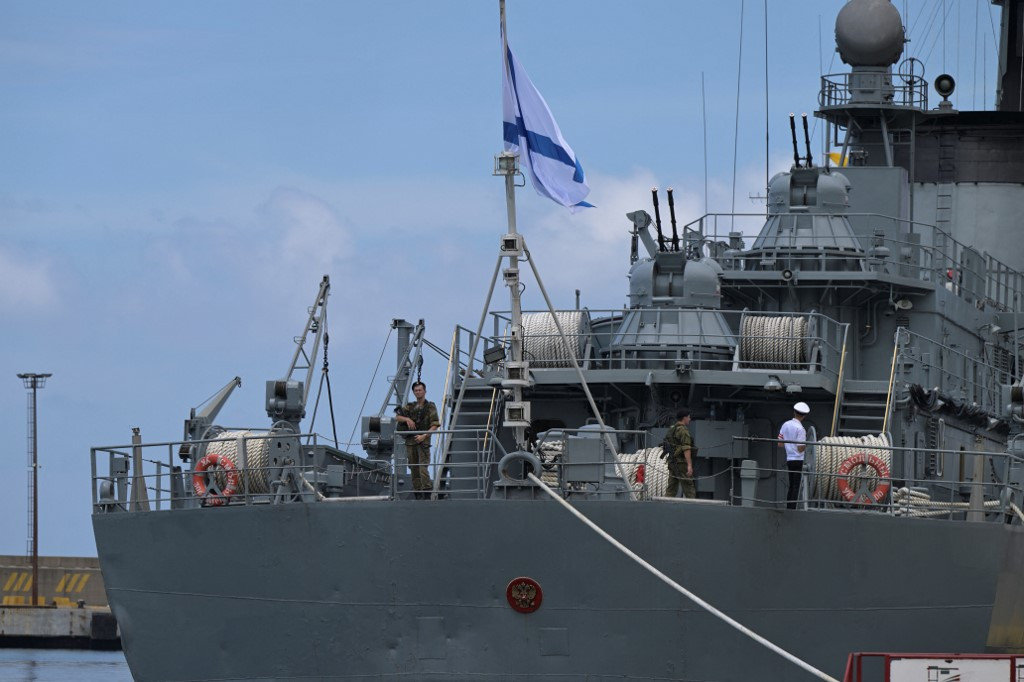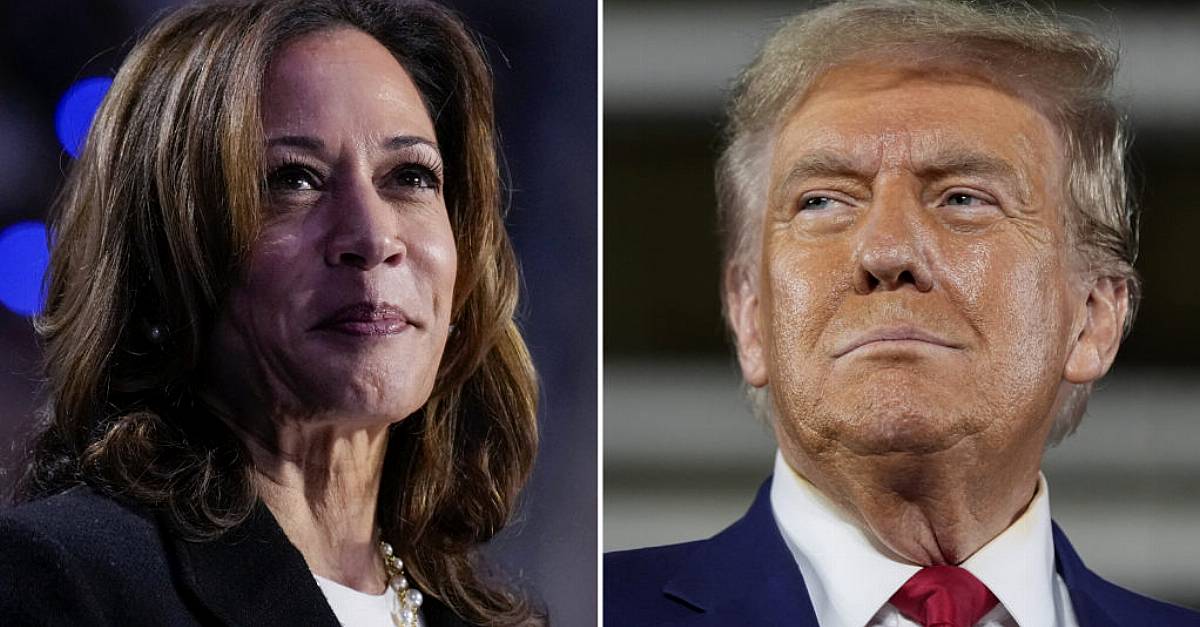Indonesia and Russia Launch Historic Naval Drills Amid Shifting Ties
On Monday, Indonesia and Russia commenced their first-ever joint naval drills, signaling a notable shift in Indonesia’s foreign policy under President Prabowo Subianto, who aims to strengthen ties with Moscow. As geopolitical tensions escalate globally, Indonesia is charting a path that maintains its neutral stance, yet strengthens its alliances with major powers.
A Historic Naval Collaboration
This momentous five-day naval exercise is being conducted in two phases: at a naval base in Surabaya and in the strategic waters of the Java Sea. Russia has deployed three corvette-class warships, a medium tanker, a military helicopter, and a tugboat, according to a statement from the Indonesian Navy. Local media has reported on the welcoming ceremony for the Russian fleet, which included a marching band, showcasing the significance of this military collaboration.
President Prabowo previously emphasized the importance of enhancing international engagements during his visit to Moscow in July. The former General, who was just inaugurated in October, has expressed a desire to take Indonesia’s foreign policy in bold new directions. "We consider Russia as a great friend and I would like to continue to maintain and enhance this relationship," Prabowo stated during his talks with President Vladimir Putin.
Implications of Increased Cooperation
Analysts suggest that these naval drills underscore a pivotal shift in Indonesia’s diplomatic strategy, potentially opening doors to greater military and economic cooperation between Jakarta and Moscow. Indonesia, a member of ASEAN, had previously participated in joint exercises with Russia in 2021, but this marks the first time it has undertaken joint drills solely with Moscow.
Indonesia’s trade relationship with Russia is substantial, encompassing billions of dollars despite challenges brought forth by historical conflicts, such as the annexation of Crimea in 2014 and the ongoing military conflict in Ukraine. These geopolitical events have led to stalled arms imports, although Indonesia has previously maintained a $1.1 billion agreement for Russian fighter jets, which has endured despite potential sanctions from the United States.
A Balancing Act
The Indonesian government has long upheld a policy of neutrality, avoiding alignment with either Washington or Beijing during their escalating geopolitical rivalry. With Prabowo at the helm, this policy is being tested as the defense minister pushes for what many perceive as a more assertive stance on the global stage. Notably, Prabowo’s recent endeavors echo a desire to fortify alliances with prominent world powers, further complicating the complex global power dynamics.
In today’s interconnected world, the strengthening of military ties could have far-reaching implications, particularly in the realms of technology and defense. Enhanced collaboration with Russia could lead to advancements and innovations in military technologies that might influence Indonesia’s capabilities in the Asia-Pacific region and beyond.
Looking Ahead
As the first week of joint naval drills continues, the international community is watching closely. The outcomes of these exercises will likely inform future defense and diplomatic strategies in Southeast Asia. Indonesia’s pivot towards a closer relationship with Russia may challenge existing alliances, raise concerns among regional players, and require careful navigation moving forward.
The maritime exercises not only signify a strategic partnership but may also enhance Indonesia’s tech-driven maritime capabilities, potentially leading to innovations that serve both military and civilian purposes.
As these developments unfold, discussions on the impact of such partnerships in the technology sector and overall public diplomacy remain crucial. Readers are encouraged to express their views on Indonesia’s evolving foreign policy direction and its implications on regional stability and international relations.
For deeper insights into global defense strategies and industry impacts, visit TechCrunch, The Verge, or Wired.
Share your thoughts and join the conversation as Indonesia embraces a new chapter in its international relations.


